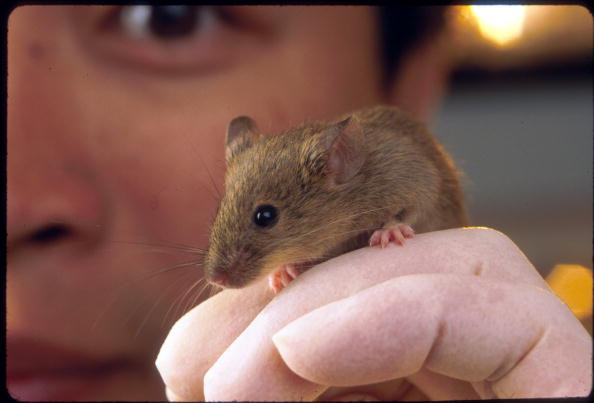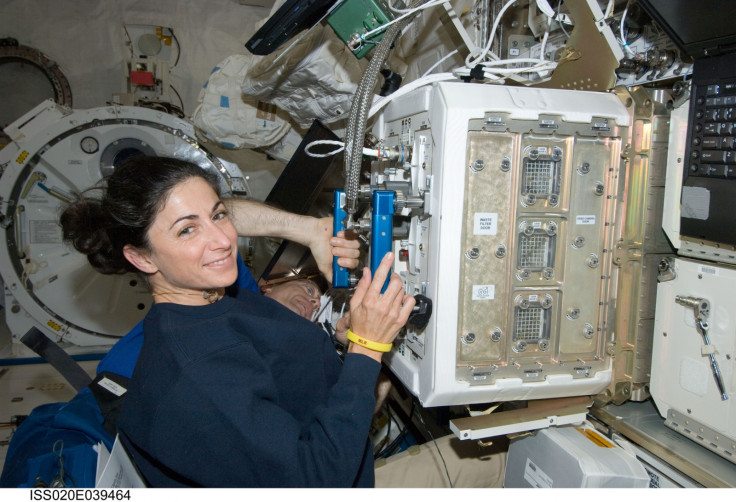Astromice: ISS mice have thinner skin after three months in space

Mice living on board the International Space Station have returned with thinner skin and altered hair growth cycles, scientists have announced.
Six "astromice" were sent up to the ISS for 91 days – equivalent to around seven human years. Three returned to Earth alive and scientists from the University of Liège in Belgium analysed their organs and tissues for changes.
Skin is the largest organ of the human body, being paramount to thermal regulation, touch and protection against harmful environmental conditions like radiation.
Despite this, it has received very little attention in terms of how space travel affects the organ. Previously, astronauts have said their skin is dry and itchy while spending time in space, and that it is more probe to irritation and abrasions.
Researchers publishing their study in the journal NPG Microgravity looked at the impact of prolonged exposure to extreme space conditions on mice.
"The Mice Drawer System (MDS) Tissue Sharing programme was the longest rodent space mission ever performed. It provided 20 research teams with organs and tissues collected from mice having spent three months on the ISS," the authors wrote.
"Our participation to this experiment aimed at investigating the impact of such prolonged exposure to extreme space conditions on mouse skin physiology."

Findings showed a "significant reduction of dermal thickness" in comparison to control mice on land.
The astromice also had a disrupted hair growth cycle – their hair follicles were in the active growth phase when they should have been in the rest phase.
Study author Betty Nusgens told IBTimes UK that this did not mean the mice were growing more hair, rather it was just a disturbance to the hair cycle: "The hair is growing and resting then forming − this is a normal cycle. In the mice that spent three months on the ISS, they were growing hair instead of being in a resting stage. We don't know why."
She said this finding should not cause any harm to astronauts and it would be easy to test for by checking their hair and looking at the follicles: "but it shouldn't cause any problems".
The skin thinning, however, could be an issue: "The skin thinning could be a problem. We don't know what would happen to humans, but I know there is an ongoing experiment on astronauts that are spending months on the ISS and they are looking at the skin of the astronauts."
However, Nusgens said these results should be interpreted cautiously because of the small sample size: "We only have the results for three mice – and mice are not men of course."
© Copyright IBTimes 2025. All rights reserved.






















